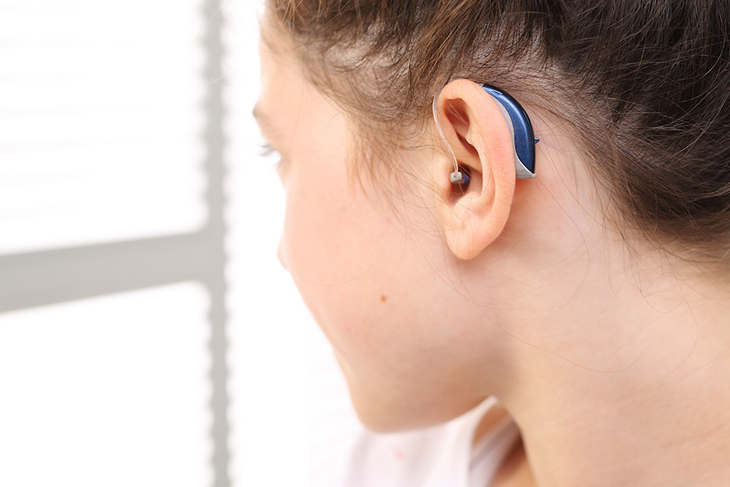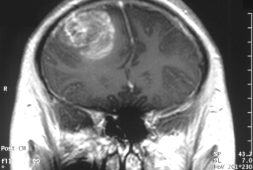
Fact is, being exposed to loud music, especially for teens and young adults, happens too often. They attend loud concerts, turn volume high when they listen to music or watch television, and basically go to places where noises aren’t controlled. These young ones are already increasing their chances for hearing loss, according to a new study suggests.
A new study was conducted and findings suggest that as many as 1.35 billion people in their teens, twenties, and early thirties are at risk for hearing loss even before they reach old age because they have been exposed to loud noises too often.
“We focused on unsafe listening from use of personal listening devices such as smartphones and loud entertainment venues such as bars, concerts, and nightclubs, both of which are highly common in young people,” said lead study author, Lauren Dillard, PhD. She is a doctor of audiology at the Medical University of South Carolina in Charleston.
For the latest analysis made, scientists looked into data on average noise exposure among 19,000 people between 12 to 34 in age. They participated in 33 studies that were made before. Overall, around one in four people set the volumes to high levels that can be detrimental. And, almost 50 percent of them attended concerts with high noise levels, according to study results published November 15 in BMJ Global Health.
While the exact threshold for noise and when they can say that it may be too loud differ in different parts of the world. However, there are still several guidelines that suggest that noise exposure should be around 85 decibels or less during the usual eight-hour workday. This was what the study team noted. At much higher noise levels, they should lessen or limit their exposure time to an hour or less in order to avoid future problems.
Under any case, young people involved in the study had been exposed too often. When they used headphones, average noise levels reached 105 decibels. As for entertainment venues, the average noise levels went as high as 104 to 112 decibels.
The analysis also had its limitations and one of which is that the smaller studies examined a wide range of exposures. They also had varying techniques when assessing the volume. They also didn’t make direct measurements for hearing loss. They only looked on whether or not they appeared to be exposed to levels that could have been linked to the problem.
Even with the limitations, exposure to loud sounds is one of the most common types of exposure. This oftentimes happens when they use their personal audio systems or when they go to concerts, clubs, or other loud events, said Colleen Le Prell, PhD. She is the chair of the department of speech, language, and hearing at the University of Texas in Dallas. There were also other activities wherein noise levels can damage hearing. Included here are hunting, target shooting, using power tools and lawn mowers, and riding motorcycles, Jet Skis, and all-terrain vehicles. This was what Dr. Le Prell shared although she wasn’t part of the study.
“To protect against auditory injury, the volume should be decreased if it’s under the listener’s control, the listening time should be decreased, or hearing protection products appropriate for the exposure should be selected,” advised Le Prell. “High-fidelity earplugs are an example of a hearing protection product that is optimized for safe music listening.”
It’s normal for hearing loss to happen over time. This problem affects around 50 percent of adults 65 years or older. However, the younger folks can lessen damage earlier and control the extent of damage by limiting their exposure to sounds that are too loud.
There were also previous studies that suggests how earplugs can help prevent hearing loss from many of the sources mentioned in the new study — loud concerts and live performances. A study published in June 2018 in JAMA Otolaryngoly–Head and Neck Surgery said that concertgoers in Amsterdam, for instance, had been given earplugs. They found that those who had protection had significantly less incidence of hearing loss after the performance.
Earplugs do help, but everyone can lower risk by getting seats away from the speakers. These may be the cheaper ones that are far from the stage, said Jennifer Derebery, MD. She is the codirector of research at the House Institute Foundation in Los Angeles as well as the past president of the American Academy of Otolaryngology–Head and Neck Surgery. In loud events, people should look for quiet areas where they can rest and stay away from the noise, said Dr. Derebery. She also wasn’t a part of the study.



